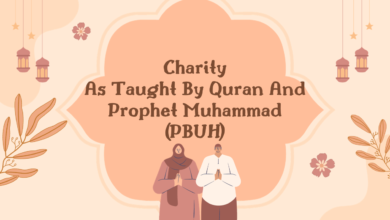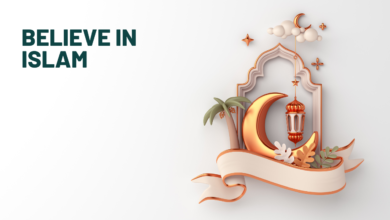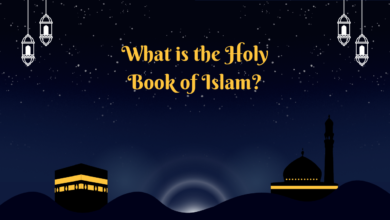Islam History?
From Revelation to Renaissance: Tracing the Epic Tale of Islam's Journey Through Time
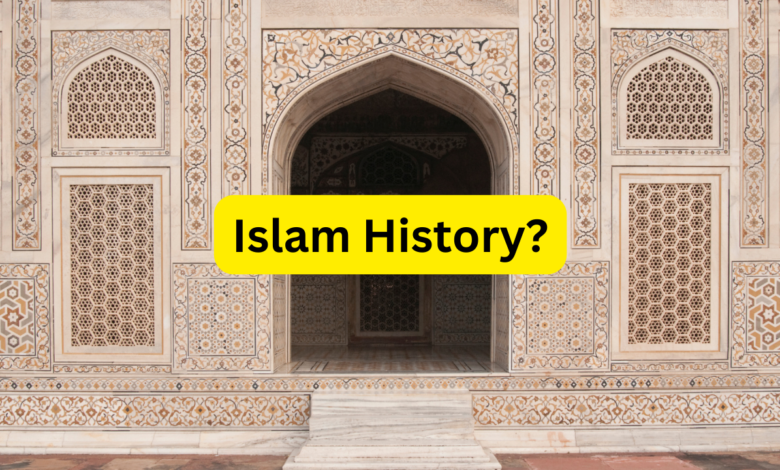
Islam History?
Islam is a monotheistic Abrahamic religion founded in the 7th century CE by the Prophet Muhammad in the Arabian Peninsula. It centers on the belief in one God, Allah, and follows the teachings of the Quran.
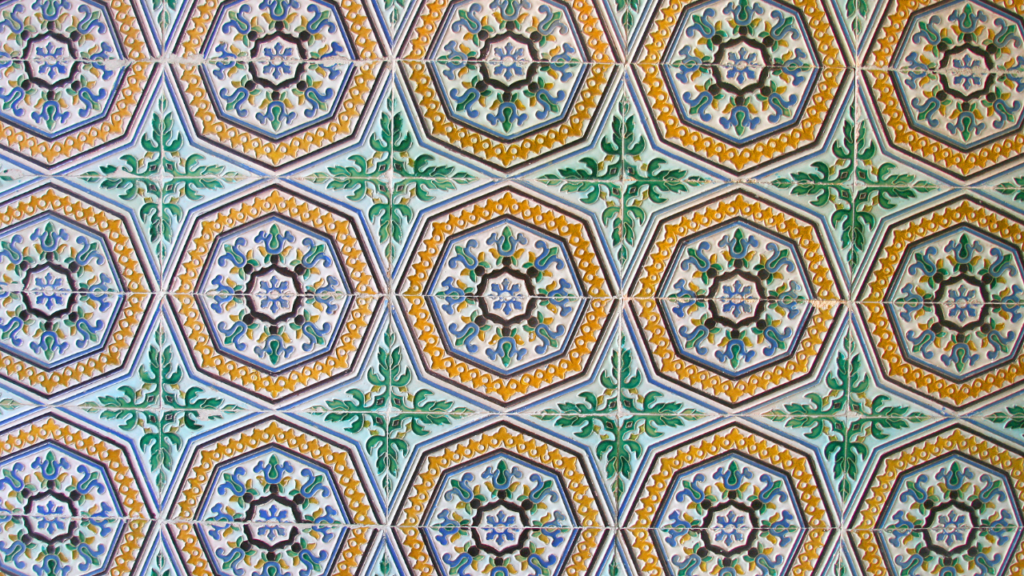
Introduction
Islam, one of the world’s major religions, has a rich and multifaceted history that spans over 1,400 years. Its story is one of profound spiritual revelations, remarkable conquests, intellectual achievements, and cultural contributions that have left an indelible mark on the world. This article takes you on a journey through the history of Islam, from its inception in the Arabian Peninsula to its global presence today.
The Birth of Islam
The story of Islam begins in the 7th century CE in the Arabian city of Mecca, where a man named Muhammad received divine revelations from the one God, Allah, through the angel Gabriel. These revelations were later compiled into the Quran, the holy book of Islam. Muhammad’s message emphasized monotheism, social justice, and moral integrity, attracting followers who became the first Muslims.
Also check.
- What is a Prophet?
- What Time is the Muslim Prayer?
- What is Nikkah in Islam?
- What are the Holy Books of Islam?
- Why is it haram to abuse in Islam?
The Spread of Islam
Despite initial opposition and persecution in Mecca, Muhammad and his followers eventually found refuge in the city of Medina. From there, they embarked on a series of military and diplomatic campaigns, spreading Islam across the Arabian Peninsula. The unification of the Arab tribes under Islam laid the foundation for the rapid expansion of the Islamic empire.
The Islamic Golden Age
One of the most remarkable periods in Islamic history occurred during the Abbasid Caliphate (750-1258 CE). This era, often referred to as the Islamic Golden Age, was marked by significant advancements in various fields. Islamic scholars made groundbreaking contributions to mathematics, astronomy, medicine, and philosophy. The translation of Greek and Roman texts into Arabic preserved the knowledge of the ancient world and facilitated new discoveries.
The Crusades and Islamic Empires
During the Middle Ages, the Islamic world was characterized by several powerful empires. The Umayyad, Abbasid, and Ottoman Empires, among others, played pivotal roles in shaping the course of history. The Crusades, a series of religious wars between Christian and Muslim forces, had a profound impact on the interaction between the Islamic world and Europe during this period.
Cultural Contributions
Islamic civilization has made enduring contributions to art, architecture, and literature. The intricate geometric patterns and stunning calligraphy in Islamic art are admired worldwide. Architectural wonders like the Taj Mahal in India and the Alhambra in Spain showcase the beauty and innovation of Islamic architecture. Moreover, the works of Islamic poets and scholars continue to inspire and influence cultures across the globe.
Modern Challenges and Diverse Interpretations
In the modern era, Islam faces various challenges, including political conflicts, extremism, and sectarianism. However, it’s crucial to recognize that Islam is a diverse religion with a wide range of interpretations and beliefs. The majority of Muslims are peaceful and reject violence, while a minority have adopted radical ideologies.
Conclusion
Islam’s history is a tapestry of spirituality, conquest, intellectual achievement, and cultural influence. From its humble beginnings in the Arabian Peninsula to its global presence today, Islam has left an indelible mark on the world. Understanding this complex and multifaceted history is essential for fostering a more informed and respectful dialogue about Islam and its role in our interconnected world.
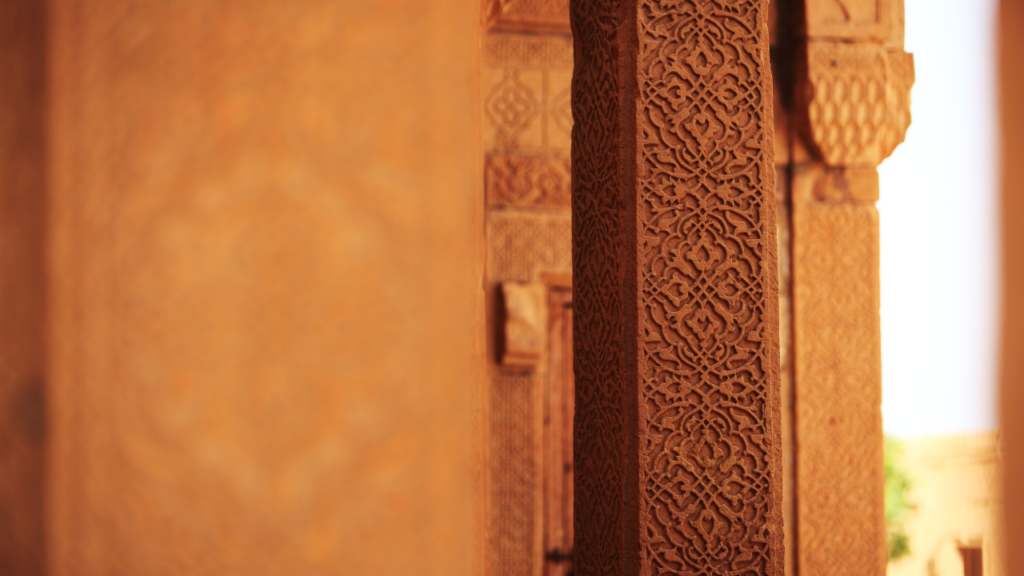
FAQs
What is Islam?
Islam is a monotheistic Abrahamic religion founded in the 7th century CE by the Prophet Muhammad in the Arabian Peninsula. It centers on the belief in one God, Allah, and follows the teachings of the Quran.
Who was Prophet Muhammad?
Prophet Muhammad is considered the final prophet in Islam. He received revelations from Allah through the angel Gabriel and is revered as the messenger who delivered the Quran to humanity.
What is the Quran?
The Quran is the holy book of Islam, believed by Muslims to be the literal word of God as revealed to Prophet Muhammad. It contains guidance on faith, practice, and morality.
How did Islam spread beyond Arabia?
Islam initially spread through military conquests and trade across the Arabian Peninsula. Over time, it extended its reach through peaceful means such as cultural diffusion and missionary activities.
What was the Islamic Golden Age?
The Islamic Golden Age, during the Abbasid Caliphate, was a period of remarkable intellectual and cultural achievements in the Islamic world. It included advancements in science, mathematics, medicine, philosophy, and art.
What are some famous Islamic architectural marvels?
Notable Islamic architectural wonders include the Taj Mahal in India, the Alhambra in Spain, the Dome of the Rock in Jerusalem, and the Great Mosque of Cordoba, showcasing intricate designs and artistic excellence.
How diverse are Islamic beliefs and practices?
Islam is a diverse religion with various sects and interpretations. The two major branches are Sunni and Shia, but there are many other sub-sects and cultural variations in Islamic practices.
What are some contemporary challenges facing Islam?
Contemporary challenges include issues related to extremism, terrorism, sectarian conflicts, and the balance between tradition and modernity. Islam also grapples with issues of gender equality and religious freedom.
What are the contributions of Islamic culture to the world?
Islamic culture has made significant contributions to art, science, literature, and philosophy. This includes the preservation and translation of classical texts, innovations in mathematics, and influential works of poetry and philosophy.
How does Islam influence the world today?
Islam continues to influence global politics, culture, and society. It has a significant impact on the lives of over a billion Muslims worldwide and plays a role in shaping international relations and discourse on religion and ethics.

